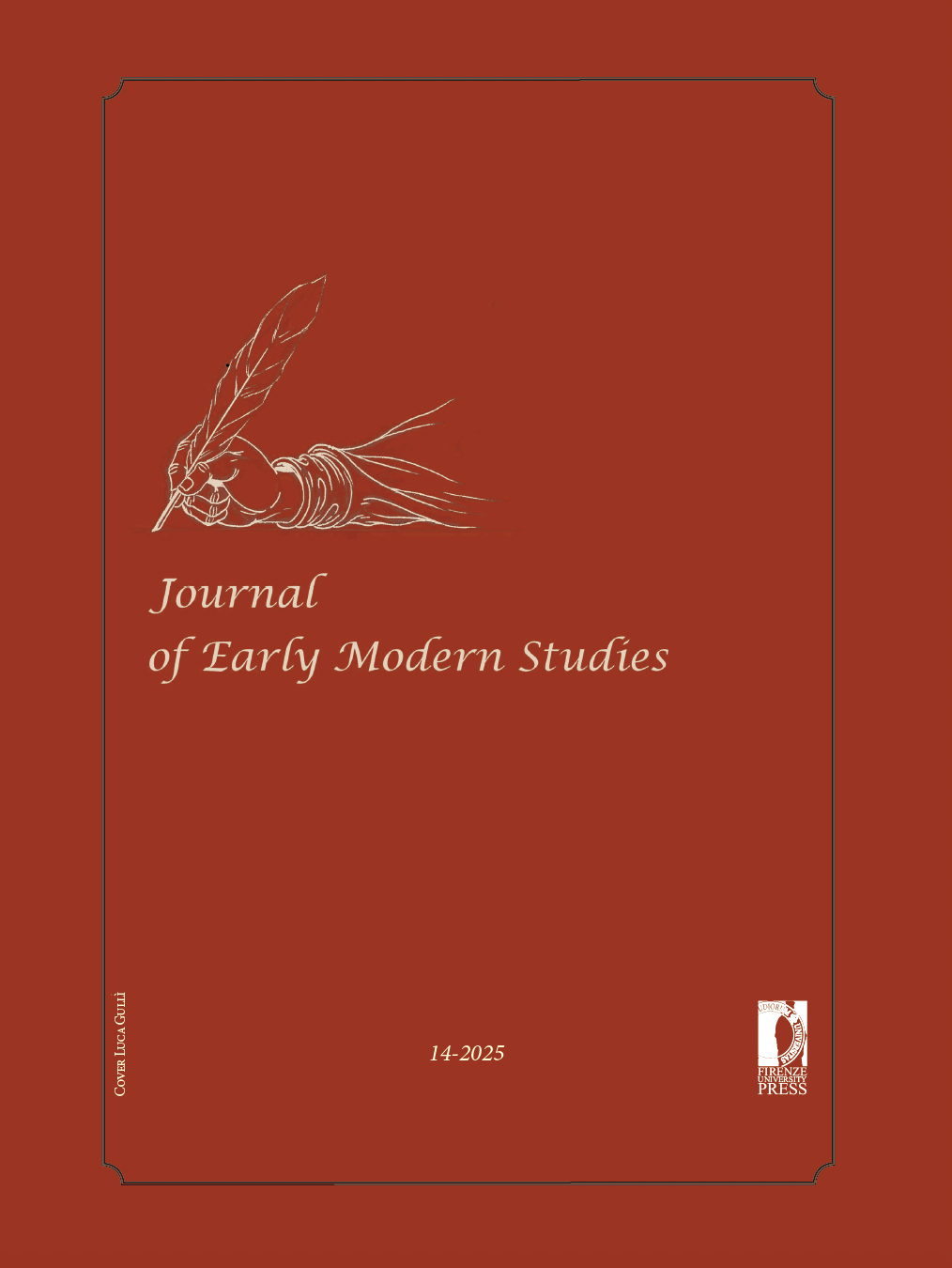Published 2025-07-01
Keywords
- Archives,
- Bibliography,
- Digital Humanities,
- Digitization,
- Labor
How to Cite
Copyright (c) 2025 Margaret C. Maurer

This work is licensed under a Creative Commons Attribution 4.0 International License.
Abstract
Early English Books Online Text Creation Partnership (EEBO-TCP), a searchable database of XML-encoded transcriptions of over 60,000 early English books, has transformed how scholars research and teach early modern texts. This immense archive of digital facsimiles was transcribed and encoded by keyers in India and the Philippines. Despite the keyers’ centrality to the project, EEBO-TCP and its vendors do not disclose the keyers’ wages, labor conditions, or precarity. Examining absences, omissions, and rhetorical maneuvers on the Text Creation Partnership (TCP) website, the article argues that its rhetoric reinforces colonial epistemologies by situating its knowledge production in the United Kingdom and United States while decentering the keyers’ expertise, scholarly labor, and essential role. Ultimately, the labor of digitization must be brought to the forefront in order to understand how digital texts are material and political; otherwise, digital archives will reproduce colonial epistemologies and cultural imperialism in the production of the digital cultural record. Finally, highlighting the work of scholars of critical digital humanities and critical archival studies, the article concludes by considering alternative approaches to digital creation and collaboration that center people, relationships, and process.

